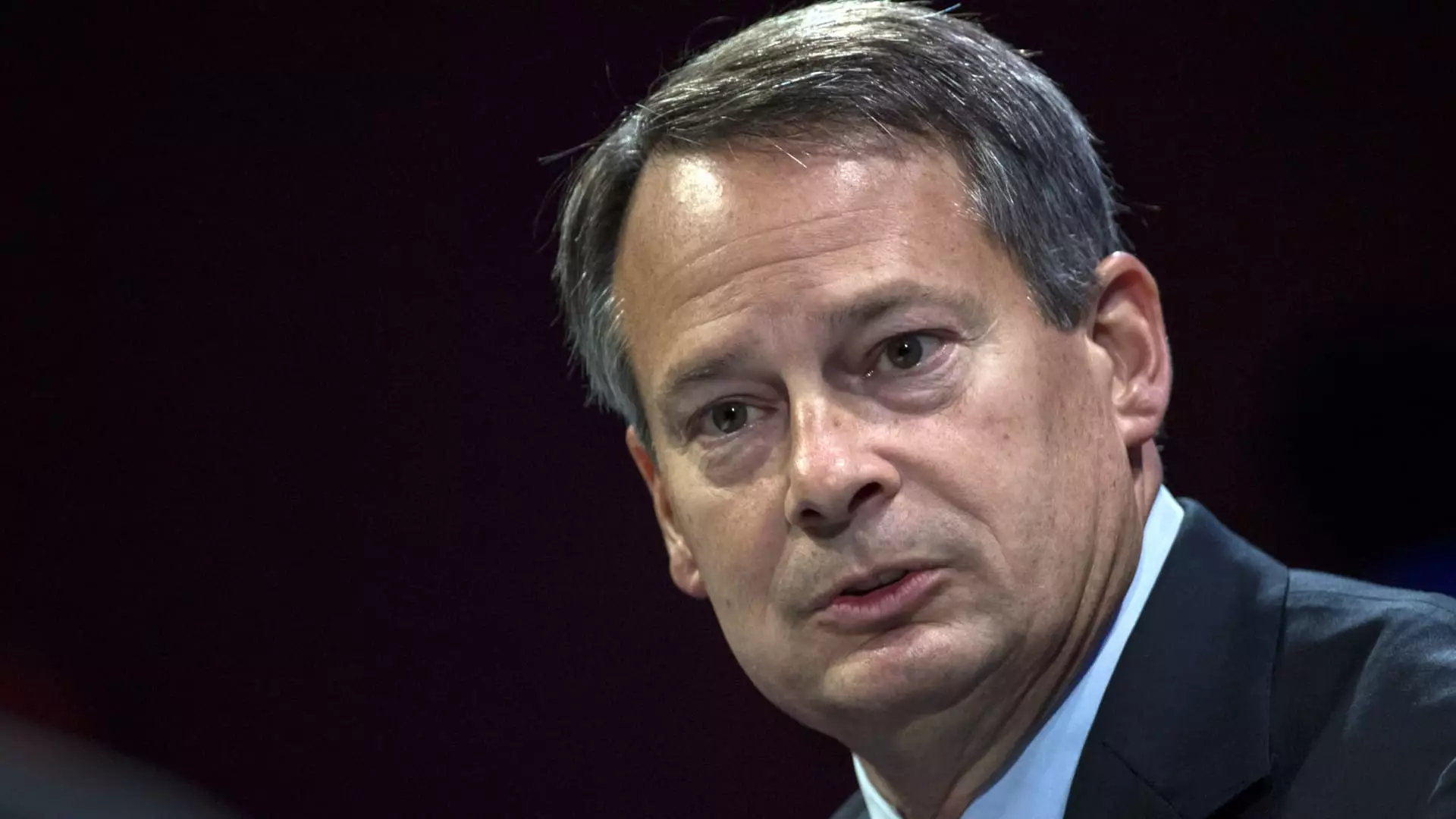Walt Bettinger, the long-standing CEO of Charles Schwab, is set to retire at the end of December 2024, marking the end of an era after 16 years at the helm of one of the largest brokerage firms in the U.S. This announcement underscores the significance of leadership transitions in major corporations and highlights the importance of well-structured succession planning. Bettinger will be succeeded by Rick Wurster, currently the President of Charles Schwab, starting January 1, 2025. Notably, Bettinger will continue to serve on the board as a co-chair, ensuring a sense of continuity amidst the leadership change.
Under Bettinger’s leadership, Charles Schwab transformed dramatically, evidenced by its staggering growth metrics. Client assets surged from $1.14 trillion to an impressive $9.74 trillion, and brokerage accounts skyrocketed to over 43 million from just under 10 million. The firm’s landmark acquisition of TD Ameritrade in 2020 was instrumental in this expansion, enabling Schwab to broaden its market reach and enhance its service offerings. In several interviews, Bettinger has expressed pride in the strategic decisions made during his tenure and the completion of the Ameritrade integration, which he cited as a pivotal reason for his retirement timing.
The implications of Bettinger’s leadership are profound: not only did Schwab’s stock prices increase by approximately 150% during his tenure, but he also navigated the tumultuous waters of the financial crisis and subsequent market fluctuations. However, his tenure wasn’t without challenges. Recently, Schwab’s stock performance has lagged behind broader market trends, indicating potential headwinds on the horizon even as a new leader steps in.
Wurster, who has closely collaborated with Bettinger for over eight years, is now poised to take over the strategic reins of the company. His assurance that there will be no drastic shifts in the firm’s strategy serves as a stabilizing factor for clients and investors alike. Wurster’s focus on prioritizing customer satisfaction reinforces the firm’s long-term commitments and solidifies Schwab’s reputation in the brokerage industry. Transitioning leadership smoothly while ensuring ongoing client trust will be key challenges for Wurster.
As Wurster prepares to discuss future strategies, stakeholders are keen to see how he plans to uphold Schwab’s growth trajectory in a rapidly evolving financial landscape. The successful integration of TD Ameritrade represents a strong foundation on which he can build further enhancements in client service and operational efficiency.
As the company moves into this new chapter, it stands at a crossroads. While the past two years have shown some underperformance relative to the market, the substantial growth and robust client base established under Bettinger’s leadership cannot be overlooked. The brokerage firm must navigate challenges such as market volatility, competition, and evolving client expectations, particularly as technological advancements shape the financial industry.
The evolving landscape necessitates innovation and adaptability, areas where Wurster’s leadership will be tested. Investors and industry observers will be watching keenly as Schwab embarks on this new journey, hoping for continued success while remaining mindful of the complex factors influencing the market. As Bettinger retires, the future of Charles Schwab will depend not only on its strategic execution but also on its ability to resonate with an ever-changing clientele.


Leave a Reply